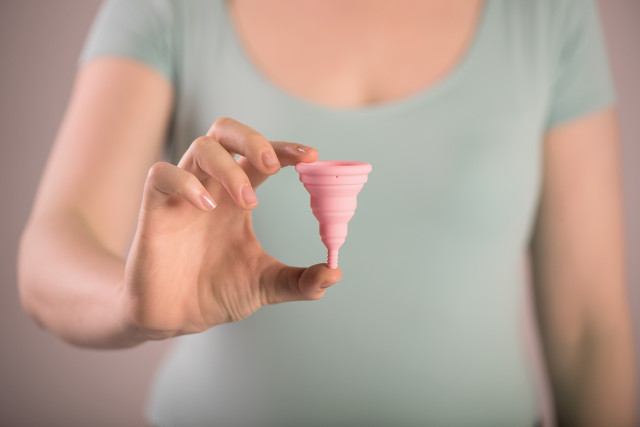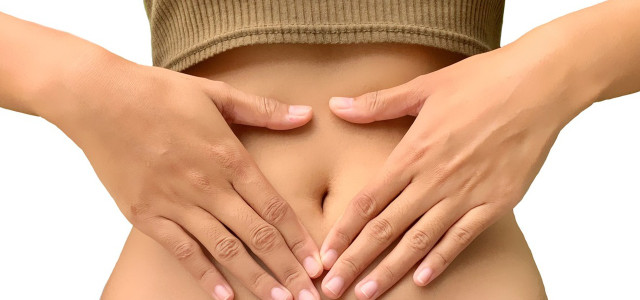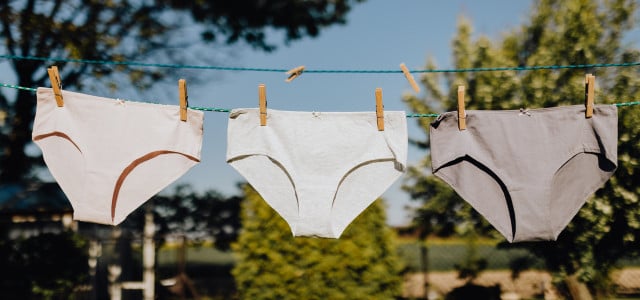Disposable period products create unnecessary environmental waste. Here are four environmentally friendly pad alternatives to make your periods more sustainable.
Around twelve billion pads and 7 billion tampons are discarded annually in the US. Improperly disposed-of pads clog sewage systems or end up in the ocean. Even properly discarded disposable pads end up in landfills.
All of this is a problem. The plastic used to make pads, low-density polyethylene, requires a lot of energy to produce and is non-biodegradable. Most companies that sell menstrual products offer disposable pads, creating a lot of unnecessary environmental waste.
Switching to a reusable period product can help you manage your period in an environmentally responsible way. Reusable menstrual products last longer, so you don’t need to throw them away often. They can also save you a lot of money in the long run. Keep reading to find out four sustainable and eco-friendly pad alternatives.
1. Menstrual Cups: An Easy Go-to Pad Alternative

(Foto: CC0 / Pixabay / PatriciaMoraleda)
One of the most popular pad alternatives is the menstrual cup. Menstrual cups are a reusable period product and are significantly more sustainable than pads. They are small, flexible cups inserted into the vagina to collect blood flow.
They are usually made from medical-grade silicone, latex or latex and can stay in place for up to 12 hours, depending on your flow. It is important to clean your menstrual cup carefully after using it, usually at the end of your period, and rinse it off when you empty it — though you can skip this step if you need to change it somewhere you don’t have access to a sink.
2. Reusable Cloth Pads
Most disposable pads are made from up to 90 percent plastic, meaning they will take thousands of years to decompose in landfills. If you like the ease of wearing pads, reusable pads are an environmentally friendly option. Reusable pads are made from cloth instead of plastic, so they can be washed and reused as often as you want.
Reusable pads will reduce your carbon footprint and the amount of waste the world creates from disposable period products. You can buy some fun, patterned reusable cloth pads on Amazon**.
3. Period Underwear: The Easiest Pad Alternatives?



(Foto: CC0 / Pixabay / Basti93)
Period panties are a special type of underwear you can wear during your period, and can often replace the need for pads and tampons altogether. They are made from several layers of fabric, each with a different (absorbancy-based) function, and are incredibly comfortable to wear. They usually hold one to four tampons worth of blood depending on the brand and style you choose.
Typically, period panties have an anti-odor and moisture-wicking layer, a highly absorbent layer that locks in liquid, a layer that prevents leaking, and another made from breathable, comfortable fabric. Period underwear can be washed and reused as you would with normal underwear, which makes them sustainable and convenient swaps for pads.
4. Menstrual Discs
Menstrual discs work similarly to menstrual cups. They are inserted into the vagina and collect the blood flow. The main difference between the two products is that menstrual discs are placed into the vaginal canal above the cervix, whereas menstrual cups are placed below the cervix. You can clean menstrual disks as you would with a menstrual cup.
If you’re not ready to go for any of those examples, why not try the more sustainable tampon: organic tampons use 100 percent organic cotton — which means no pesticide residue — and are usually free of fragrance, rayon BPA and other potentially harmful additives. Check out our list of six best organic tampons.
Read more:
- 10 Natural Home Remedies for Period Cramps and Pain Relief
- The 7 Best Period Comfort Foods – And What to Avoid
- Cycle Syncing: Should You Start “Optimizing” Your Menstrual Cycle?
Important Information regarding Health-related Topics.
** Links to retailers marked with ** or underlined orange are partially partner links: If you buy here, you actively support Utopia.org, because we will receive a small part of the sales proceeds. More info.Do you like this post?







